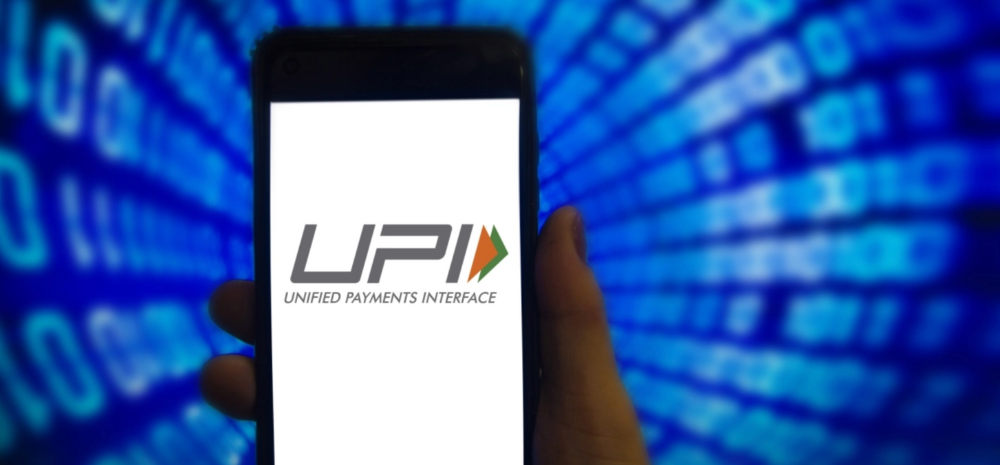In the next few months, the Reserve Bank of India (RBI) anticipates that the number of daily Unified Payments Interface (UPI) transactions will increase from the current 500 million to one billion.

This prediction was presented by RBI Governor Shaktikanta Das at the Group of Thirty’s Annual International Banking Seminar in Washington, DC.
RBI Anticipates UPI To Reach One Billion
According to Das, the RBI is not in a rush to introduce the central bank digital currency (CBDC) across the country.
The RBI wants to make sure that comprehensive trials are conducted to confirm the design, security, and resilience of the CBDC before it is implemented more widely.
India’s payments system is now much more efficient thanks to UPI, which processes about 500 million transactions per day.
The objective is to rapidly increase this figure to one billion transactions daily.
Daily UPI transactions increased from 483 million in August to over 500 million in September, according to data from the National Payments Corporation of India.
UPI handled 15.04 billion transactions in September 2024, totaling Rs 20.64 lakh crore.
RBI to Integrate UPI With Global Payment Networks
To make cross-border transactions easier, the RBI is also attempting to integrate UPI with global payment networks.
France, the United Arab Emirates, Singapore, Bhutan, Sri Lanka, Mauritius, and Nepal are the seven countries where UPI is now accessible.
Das emphasized that UPI offers a great deal of promise for international payments, “UPI has actually got a lot of potential for cross-border payments. We have also taken the initiative of linking the UPI of India with the fast payment systems of other countries.”
Das said the RBI will take a cautious approach to the CBDC’s nationwide deployment with regard to e-rupee.
The main promise of CBDCs is to streamline cross-border payments by cutting out middlemen, resulting in quicker and more affordable transfers.
On November 1, 2022, the RBI began its first CBDC pilot for transactions involving wholesale government securities, and on December 1, 2022, a retail CBDC transaction pilot phase was underway.











